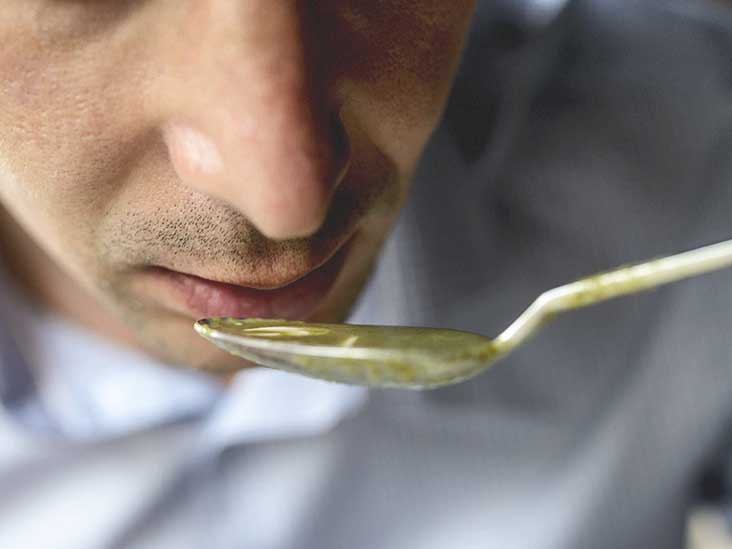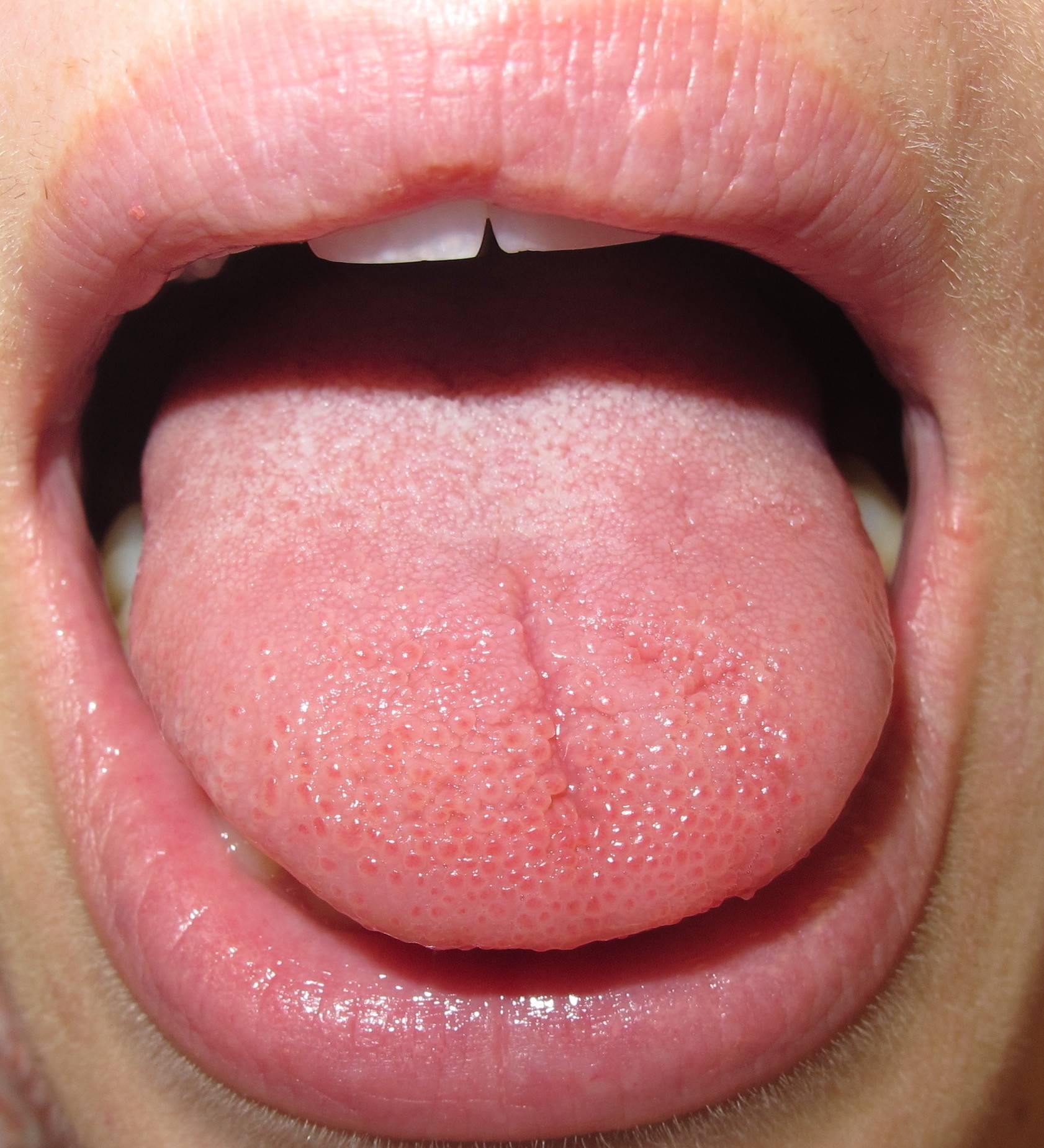Can Inhaling Bleach Cause Loss Of Taste And Smell

If its in your clothing others may not necessarily smell it.
Can inhaling bleach cause loss of taste and smell. They say it is also possible that Covid-19 can affect a part of the brain stem connected to the sense of taste. Inhalation of bleach can cause nervous system and brain damage dermal contact of bleach can cause rash and burning. The characteristic smell of bleach is indicative of a disinfected environment but should not be a cause for concern for any adverse health effects.
Obstruction of the nose damage to the nose lining or damage to the olfactory nerve or parts of the brain that deal with smell and taste. Changes in sense of smell are most often caused by. Growths in your nose nasal polyps These can cause.
A significant proportion of people infected with SARS-CoV-2 report a new onset of smell or taste loss. Using strong household cleaners such as bleach a few times a week in unventilated areas such as a small bathroom can cause the toxic smell to affect the delicate lining and sensory cells in. While marital difficulties are not life-threatening other effects of smell and taste difficulty can present danger.
Loss of smell anosmia smelling things that are not there phantosmia like smoke or burnt toast. The bleach is processed using sodium hydroxide and liquid or chlorine gas in a reaction. Causes of lost or changed sense of smell.
About 58 of people who have nasal polyps also complain of a lost sense of smell. Reduced sense of smell hyposmia. Symptoms of inhaling bleach fumes include gagging throat pain coughing chest pain and low blood pressure according to the National Institutes of Health.
Sodium hydroxide is a very corrosive substance and will burn the skin quite badly. Can smelling bleach kill brain cells. Nasal Polyps and Tumors.

















